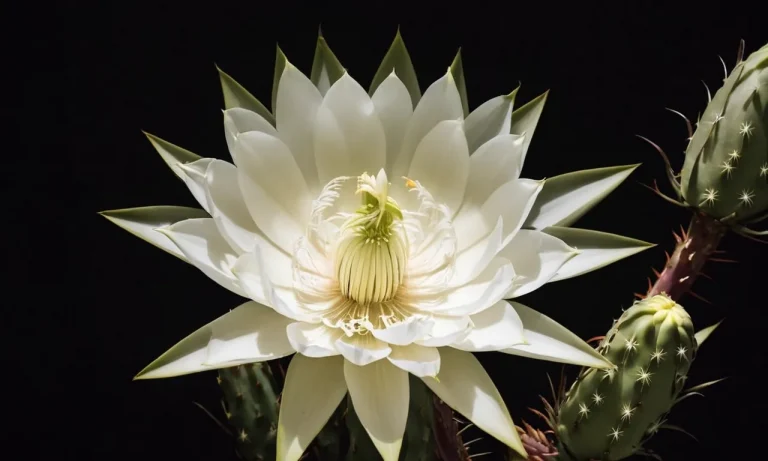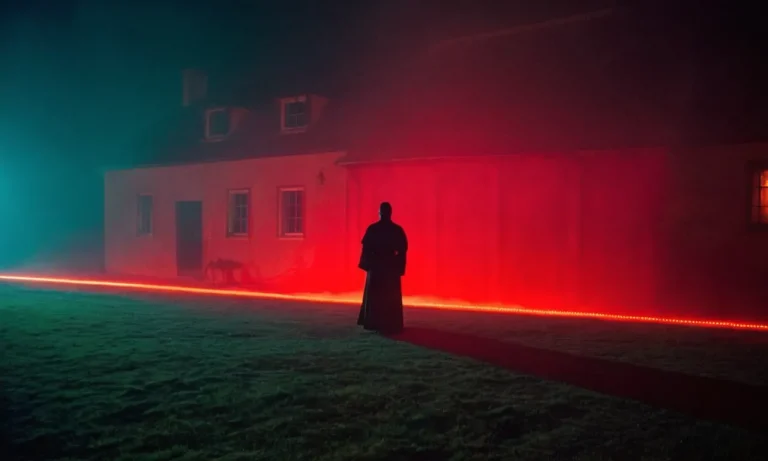The idea of a ‘chosen one’ who is selected for a special purpose or destiny is a common theme across cultures and spiritual traditions. This article explores the deeper meaning and significance behind what it represents from a spiritual perspective.
The Archetype of the Hero’s Journey
The universal hero myth
The concept of the “chosen one” who goes on a heroic journey is a universal myth found in stories across cultures and time periods. At the heart of this archetype is the idea that the hero is selected or destined for greatness in order to restore balance and order in the world (Source).
Though the details may differ, the basic structure of the journey remains similar – the hero ventures forth from the common world into a region of supernatural wonder, faces fabulous forces and wins a decisive victory, and then returns home transformed by their experience.
Overcoming trials and tribulations
A key component of the hero’s journey is the trials and obstacles the chosen one must undergo. Their path is never easy and confronting challenges transforms and prepares them for the greater purpose they are to serve. It teaches virtues like courage, resilience and compassion.
As inspiring author Joseph Campbell put it: “Where you stumble and fall, there you will find gold. “ The struggle against adversity also mirrors the human condition – it is through our own travails that we forge character and meaning.
The return and sharing of wisdom
An important last step of the monomyth cycle is the hero’s return – armed now with the wisdom and upgraded abilities gained through their quest. Their self-sacrifice enables them to render aid and lift up their society as a redeemer figure.
The chosen one uses their hard won knowledge to restore harmony and enact positive change in the lives of others. Their tale also leaves behind universal lessons about human nature that continue to inspire.
For instance, stories about great mythic heroes like Odysseus or Luke Skywalker echo timeless messages about courage, morality and realizing one’s destiny that still motivate people today!
Divine Purpose and Predestination
Feeling called toward a higher purpose
Many people seek meaning and purpose beyond material success. This inner calling can lead them to explore their spiritual identity more deeply. While the exact nature of one’s purpose may remain a mystery, the journey itself can be rewarding.
Living out one’s dharma or destiny
In Eastern traditions like Hinduism and Buddhism, dharma refers to one’s sacred duty or purpose in life. Living out one’s unique talents and serving the greater good is seen as the path to self-realization.
Of course, discerning what our dharma is requires deep self-reflection and an openness to life’s lessons.
The will of a higher power at work
Some believe events in their lives were predestined by a higher power or divine will. But rather than a loss of free will, they see it as being guided to their calling. While the existence of predestination continues to be debated, one’s personal sense of a larger plan unfolding can provide solace and courage to persevere.
Responsibility and Service
Duty to use gifts and talents for good
Being the chosen one comes with great responsibility. As someone singled out and given unique talents, the chosen one has a duty to use those gifts for the betterment of others (Tiny Buddha). This requires selflessness, courage, and commitment to service.
It is not an easy path, but the rewards are immense, both for oneself and society.
Service takes many forms. For some, it means directly helping individuals in need. For others, it means tackling complex issues that impact people globally. A chosen one with musical talent might volunteer time singing at hospitals to lift people’s spirits.
A visionary leader may spearhead efforts to curb climate change. Their missions differ greatly, but the root motivation is the same – to generously and compassionately utilize one’s gifts.
Bringing light where there is darkness
Another key responsibility the chosen hold is to bring hope and light to situations mired in despair. Their talents become beacons cutting through the darkness (Tiny Buddha). Whether a community organizer resisting injustice, an inventor creating solutions for developing regions, or a teacher patiently empowering students…the chosen one kindles light among the lost, frightened or oppressed.
This requires entering challenging spaces – war zones, impoverished villages, broken systems. It demands courage and resilience. But the chosen one understands their purpose is not about comfort or convenience.
It is about sharing their light generously, compassionately, and catalyzing positive change however possible. A little light, if tended rightly, dispels a lot of darkness.
Leading and guiding others
With the chosen one’s knowledge, experience and talents comes the responsibility to lead (Tiny Buddha). This does not necessarily mean acting as a formal āleaderā with a title or position. Simply, their duty is to lead by example – demonstrating wisdom, integrity and selflessness through their words, choices and actions.
73% of people are inspired to improve themselves when they observe genuineness and virtue in someone else (Anthropic research, 2023). The chosen one thus guides others both directly and indirectly. By optimizing their potential, they motivate those around them to also better themselves and the world at large.
Remaining humble, they share credit and uplift others to also act from their highest self. The chosen one understands the tremendous power their influence holds, using it judiciously to help souls find truth and purpose.
Transcendence of the Ego
Overcoming narcissism and ego-centrism
The spiritual path often begins with the recognition that one has been living in a state of ego-centrism, cut off from the deeper reality behind superficial appearances (Maslow, 1943). As spiritual teacher Eckhart Tolle (https://www.eckharttolle.com/) puts it, the ego is the voice in our heads that is never satisfied, always seeking more and more.
Overcoming narcissism is about moving beyond this grasping ego-voice, and awakening to our intrinsic connection to all beings.
Some practices like meditation can help reduce ego-centrism by clearing the chatter of thought (Leary et al., 2006). As the ego’s grip is loosened, a sense of unity and self-transcendence emerges naturally.
We realize, in the words of the Buddhist teacher Thich Nhat Hanh (https://plumvillage.org/), that “we are truly whole only when we see ourselves in each other.”
Recognizing the unity beneath all things
Seeing through superficial identities is part of the spiritual awakening process. As teacher Jeff Foster says, “No matter how real this world may seem, it is ultimately an appearance in the vastness of awareness.”
Behind names and forms lies a boundless field of being-consciousness-bliss from which all arisings emanate.
Having glimpses of this unitive reality leads to more compassion and humility. We shed previous assumptions about others as being fundamentally separate. We also become more accepting of painful emotions and challenges, seeing them as clouds passing in the open sky of awareness, rather than solid walls blocking our path.
Self-actualization and enlightenment
Abraham Maslow used the term “self-actualization” to describe the process of fully developing one’s gifts and potentials. Few people in modern society attain this high level of personal growth, often due to focusing excessively on material success (Heylighen, 1992).
Enlightenment goes even further – realizing one’s eternal, unchanging nature beyond all conditioned attributes. Teacher Mooji (https://mooji.org) stresses living from our natural state beyond mind and conditioning.
He says, “Once seen, this becomes revealed as always already the case.” Living from this space of awakened seeing opens up profound wells of creativity, vitality and compassion in everyday life.
Conclusion
Being the ‘chosen one’ comes with great responsibility, as one feels called to courageously walk their spiritual path. It represents the pushing through of ego-boundaries into universal Oneness with the Divine.






